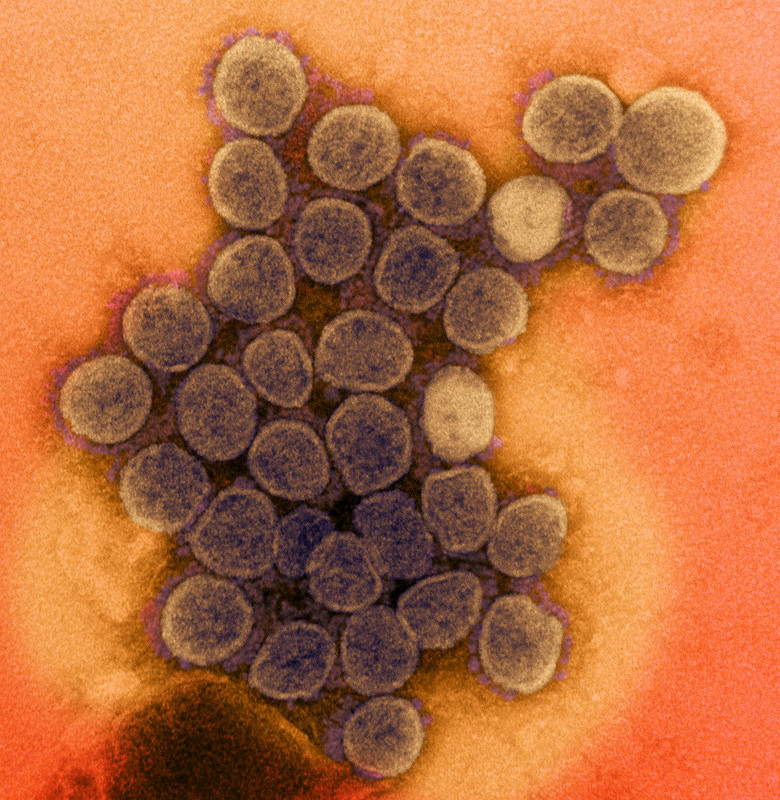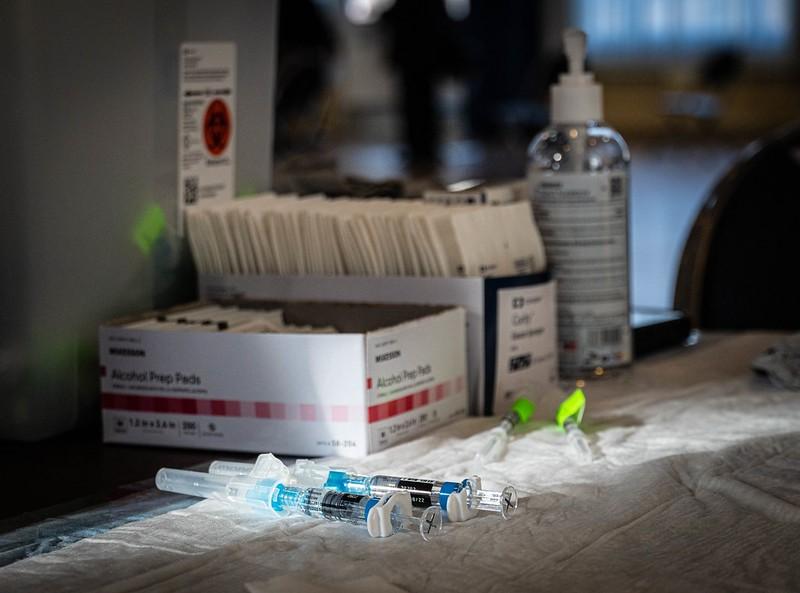
The World Organization of Animal Health (WOAH) said yesterday that it has revised its international standards to strengthen efforts to control antimicrobial resistance (AMR).
The revisions to the international standards on AMR, which provide a framework for surveillance of antimicrobial use and AMR in animals, were agreed to during WOAH's 91st General Session in Paris. They cover three major areas: the environment, companion animals, and WOAH's list of antimicrobial agents of veterinary importance.
Creating a pathway to responsible use
WOAH officials say the changes to the environmental section of the international standards reflect an increasingly interconnected world and the need for a One Health approach when dealing with AMR.
"In fact, considering the potential environmental impact of antimicrobial use in animals is of critical importance," the agency said in a news release. "Either qualitative or quantitative, an environmental risk assessment should be conducted by the pharmaceutical industry when submitting applications for regulatory approval for veterinary medicinal products containing antimicrobial agents."
Regarding companion animals, WOAH said closer interactions between humans and companion animals worldwide, and the growing evidence of bidirectional transfer of resistant pathogens between pets and their owners, called for a revision of the standards to raise awareness of the need to promote responsible antimicrobial use in companion animals and increase awareness around risks and good practices among pet owners.
Finally, WOAH updated its list of antimicrobial agents of veterinary importance to align it with the World Health Organization's updated list of important antimicrobials for human medicine, adding phosphonic acid derivatives to the list of antimicrobials that should not be used in animals.
"Together, this year's changes to the standards on AMR are meant to create a pathway for a responsible antimicrobial use in different animal health contexts and settings," the agency said.

















